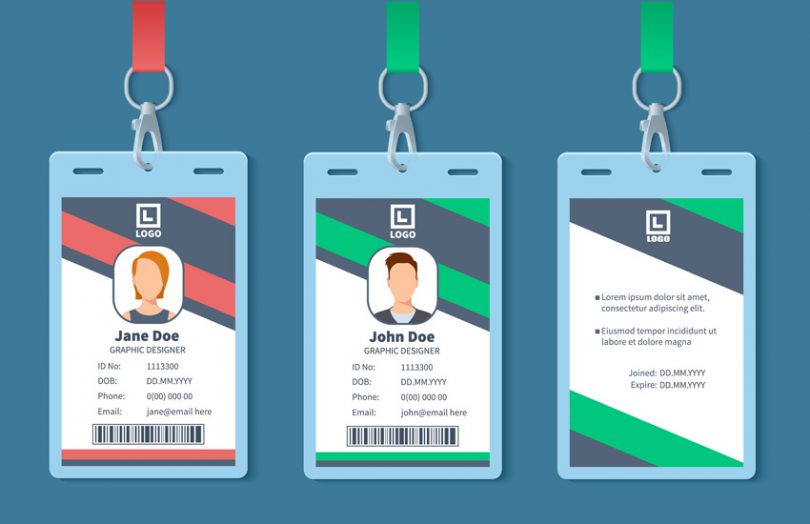With business increasingly becoming digital and international, there’s a risk when interacting with overseas business partners. How do you know they are who they say they are? And does the person you’re dealing with have the right to act on behalf of that company?
A global corporate identifier addresses this and already exists in the form of Legal Entity Identifiers (LEIs) that have mainly been used in the financial sector to date. The Global Legal Entity Identifier Foundation (GLEIF) is the umbrella body that delegates responsibility for issuing LEIs to local organizations.
It’s such a pressing issue that it was raised by the OECD and B20 (G20 business) just three months ago when they suggested a Global Value Chain (GVC) Passport.
Today’s announcement from GLEIF says it is expanding its reach into other industries, and LEIs will be used for self-sovereign identity (SSI) as verifiable credentials.
SSI enables an individual or organization to choose with whom to share details about their identity. For individuals, that might be their passport and qualifications. For a business, it could be their corporate registration, tax registration or even their bank details. But more importantly, it’s also who is authorized to act on behalf of the firm.
So an organization can have a wallet with a verifiable credential that says they are the company they claim to be and potentially the other details outlined. And the holder of that wallet can decide with whom to share it. Staff credentials can be revoked when the employee leaves the company.
GLEIFs plan is to embed new and existing LEIs into verifiable credentials.
“The global LEI system is unique in its capacity to provide regulated and standardized global identities for legal entities everywhere. Our next step is to secure the process of presenting and verifying LEI data digitally, so it can be used across the digital economy in corporate ID use-cases,” said Stephan Wolf, CEO, GLEIF. “We’re excited to now formalize the vLEI development program and invite broader engagement to help us unlock the power of the LEI for all industry sectors around the world.”
The organization says it is already partnering or trialing solutions in the pharmaceutical, healthcare, telecoms, automotive and financial services sectors. It’s exploring a variety of blockchain, identity and key management solutions.
Earlier this year, GLEIF ran a proof of concept with Evernym.
“The vLEI has the potential to become one of the most valuable digital credentials in the world because it is the hallmark of authenticity for a legal entity of any kind,” said Drummond Reed, Steering Committee Member, Trust-over-IP-Foundation (and from Evernym). “The demand this will create for LEIs — and the impact it will have on adoption of self-sovereign identity — cannot be overestimated. It will be a sea change for digital trust infrastructure that will benefit every country, company, and citizen in the world.”
Deloitte is working with GLEIF exploring existing use cases such as financial reporting as well as new use cases for know your customer (KYC) and SSI.
“The use of the LEI for fully distributed verifiable credentials provides a missing capability in distributed identity,” said Jim Northey, Chair, ISO Technical Committee 68. “The value extends far beyond financial services to e-commerce, trade services, and governmental reporting. The LEI in this way reinforces the value the ISO 17442 standard as the world of organizational identity in the digital world evolves.”






